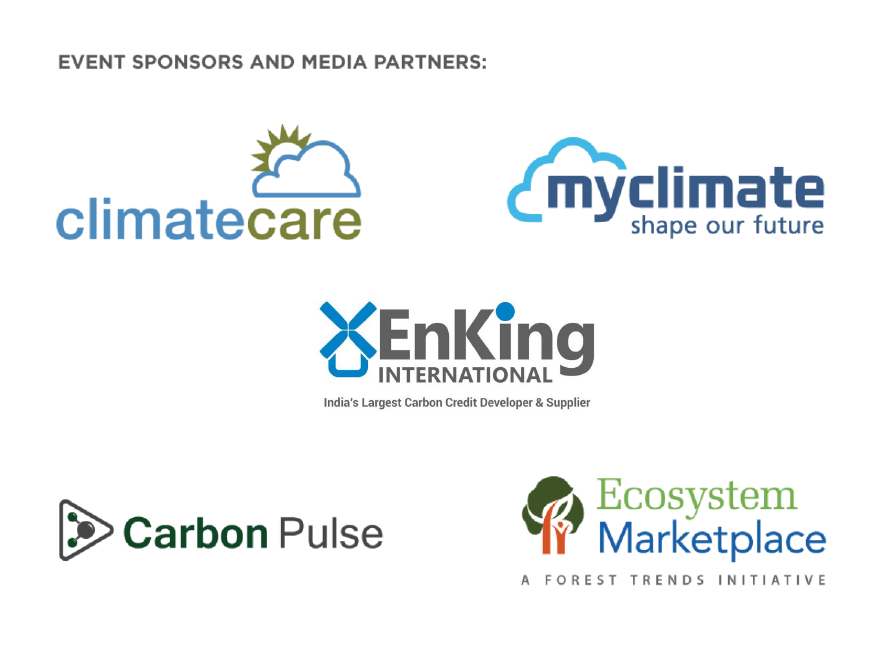
On 18-20 May 2018 in Shanghai, China, the World Energy & Meteorology Council (WEMC), World Meteorological Organization (WMO) and the Global Framework for Climate Services (GFCS) are holding a training course on 'Building Weather and Climate Services for the Energy Sector'.
Energy systems are the engine of economic and social development, thus their investments represent generally a sizeable portion of the country’s GDP. Energy planning and operations are markedly affected by meteorological events. Both day-to-day weather and longer-term climate variability have impacts on supply, demand, transport and distribution and energy markets. In addition, the energy sector is undergoing enormous fundamental changes associated with climate. On one hand, a transition to increased energy supply from renewables is essential for reducing greenhouse gas emissions and meeting future energy demand. On the other hand, there is a need to ensure climate resilience across the sector.
Despite the sector being one of the most advanced users of weather and climate information, its rapid evolution constantly creates new needs, significantly increasing the necessity for effective collaboration between meteorologists and energy sector stakeholders. Scientific progress alone is insufficient to increase the value of climate and weather predictions. Improving decision-making processes will require improving communication and mutual understanding between energy specialist and climate scientists.
The purpose of the course is therefore twofold:
The course is targeted at energy sector specialists with a broad understanding of meteorology and climate, and to meteorologists and climate scientists who wish to better understand the energy business. World-class experts in these fields will deliver the lectures, which will constitute the core of the course and stimulate peer-to-peer learning among participants.
The course will accommodate no more than 30 students, with roughly equal numbers from developing and developed world institutions and climate and energy experts. A fee of US$ 500 will be charged to each participant to cover catering and organizational expenses.
Lecturers and topics:
- Prof. Alberto Troccoli (WEMC and UEA, UK) – Achieving valuable weather and climate services for the energy sector
- Ms Roberta Boscolo (WMO, Switzerland) – Good practices in climate services development for energy
- Dr Laurent Dubus (EDF, France) – World energy overview / what is an energy system? How does it work? The importance of weather and climate information
- Dr David Brayshaw (U. Reading, UK) – Weather, climate and the nature of predictability
- Dr Sue Ellen Haupt (NCAR and WEMC, USA) – Lessons learned from the shorter ranges: weather forecasting for energy applications
- Dr Jan Dutton (ClimBiz, USA) – Understanding climate predictability and uncertainty (seasonal, decadal and projections) and probabilistic forecast for energy
- Prof. Sankar Arumugam (U. North Carolina State, USA) – Climate impacts in the energy sector and Energy demand
- Prof. Steve Dorling (UEA and WEMC, UK) – Forging a dialogue between the energy industry and the Meteorological community
- Dr Rong Zhu (CMA, China) – Climate services at the Beijing Climate Center
- Dr Wentong Ma (SPIC, China) – Lessons from one of SPIC China’s power generators
- Dr Jake Badger (DTU, Denmark) – The Global Wind Atlas
- Dr Carlo Buontempo (ECMWF, UK) – The C3S for Energy

